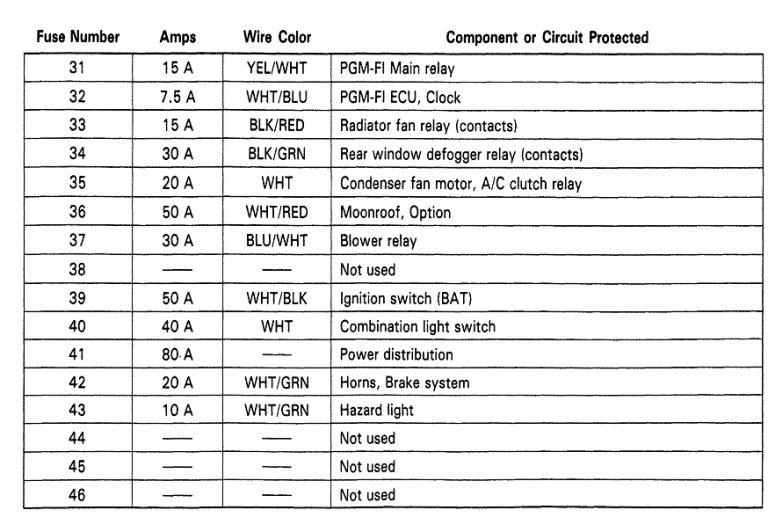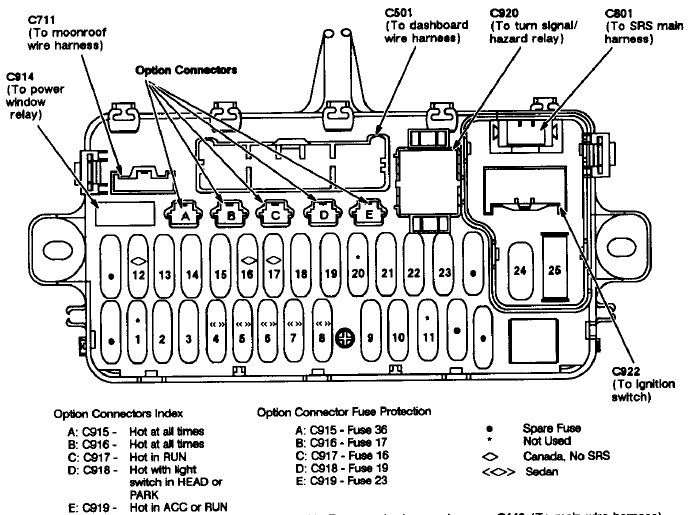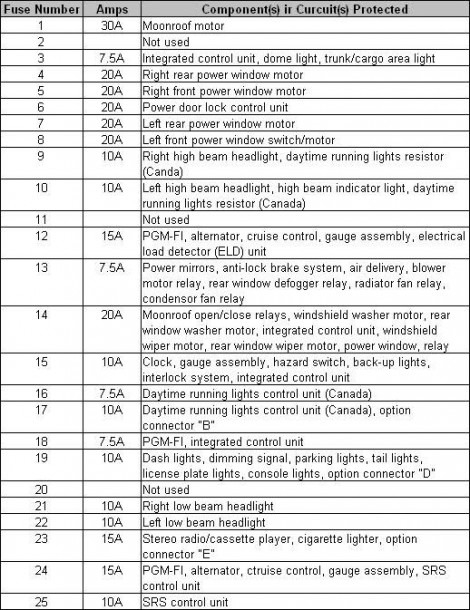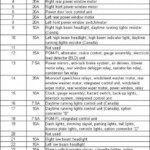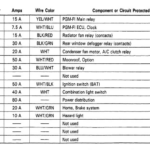92 Civic Fuse Box Diagram – Fuse box diagrams are essential tools for understanding and troubleshooting electrical systems at your house or car. The diagrams explain the functions and arrangement of circuit breakers as well as fuses that protect circuits. This guide will assist you in understanding fuse box diagrams. It also includes symbols and common troubleshooting steps.
Types Fuse Box Diagrams
The fuse box diagram is a vital tool in electrical and home repair projects.
There are fuse box diagrams in a variety of scenarios, including cars and residential buildings. Here we’ll examine two of the most common types:
A. Automotive Fuse Box Diagrams. These diagrams are specifically designed for vehicles and show the circuits or fuses which control elements like headlights, engine control modules, and audio systems. The schematics are available in the owner’s manual for your car or on a sticker inside the fuse box.
C. C. They are typically found in close proximity to or inside the door of the electrical panel and serve as documentation to homeowners regarding their home.
Understanding Fuse Box Diagram Symbols
Fuse box symbol symbols represent different components of an electrical circuit. Common icons include:
- Fuses. Small rectangles containing a number, representing the fuse’s amperage.
- Circuit Breakers: A switch-like symbol representing a resettable safety device
- ground: It looks similar to an inverted “T”, with the horizontal line representing an electrical ground connection
Common Fuse Box Issues
These steps can be used to identify and solve electrical problems:
- Step 1. Recognize the problem
Start by identifying the issue electrical device in your home or vehicle. This could be a lamp or outlet at home, or an automobile feature like air conditioning or radio in your vehicle.
- Step 2: Find the appropriate Fuse
Make use of the diagram for the fuse box to locate the fuse/circuit breaker which is connected to the malfunctioning component. These will usually be marked with a symbol or an explanation.
- Step 3 – Confirm and Replace the Fuse
Remove the fuse and remove the circuit breakers. Inspect for damage or burnout. If required you need to replace the fuse, or reset circuit breaker with one that is similar in amperage. This part should be checked to verify that it functions properly.
Conclusion
To troubleshoot electrical issues in your house or car it is essential to understand fuse box diagrams and understand the symbols. You can easily identify the most common issues and fix them by following these steps.
